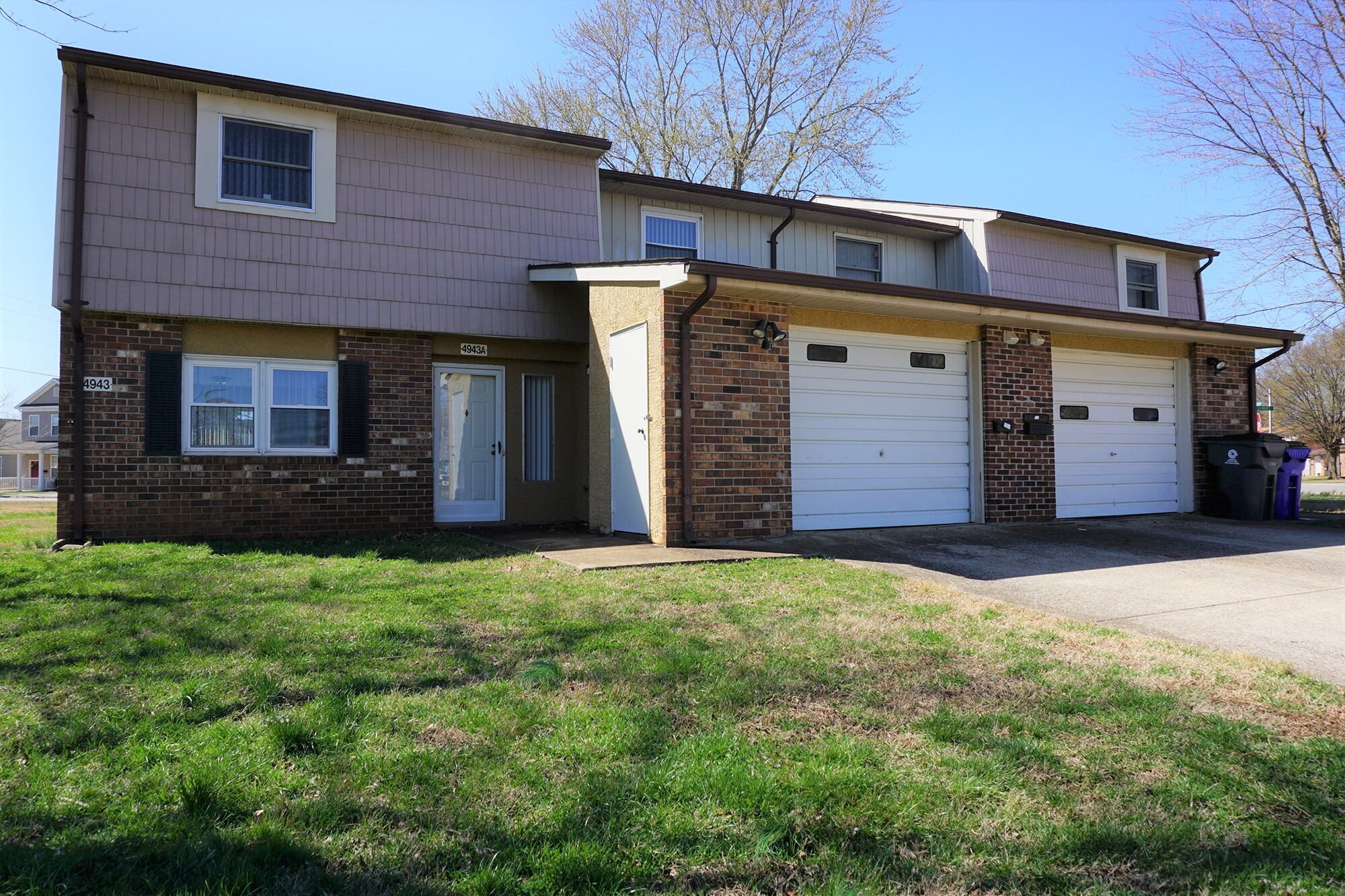Military housing tenants are on track to get their final protections under the tenant bill of rights in June, the services’ personnel chiefs told senators Wednesday.
While 14 out of 18 provisions in the tenant bill of rights were implemented a year ago, the remaining four — the most important for military families — have been held up. Those include a dispute resolution process, a process for withholding rent during dispute resolutions, a common lease document across all the privatized housing projects, and providing a tenant with seven years of a unit’s maintenance history. The dispute process and process for withholding rent have taken longer as defense and service officials negotiated with the privatized housing companies.
Some discussions are still ongoing, said Air Force Lt. Gen. Brian Kelly, deputy chief of staff for manpower, personnel and services, but those provisions are still expected in June, he said. The other personnel chiefs all affirmed that they were on track for the remaining provisions, in response to questions from Sen. Thom Tillis, R-N.C., during a hearing of the Senate Armed Services Committee’s personnel panel.
Tillis noted that he will be back at Fort Bragg and Camp Lejeune for military housing town halls, probably in July or August. “I want to make it very clear to the families at Camp Lejeune and at Fort Bragg that they’re still on my radar and we’re going to hear their voices.”
A number of bases have been providing seven years of a unit’s maintenance history to tenants.
The tenant bill of rights was required by law as part of the National Defense Authorization Act for fiscal 2020. It was part of comprehensive reform provisions to address pervasive issues with mold, rodents and other health, safety and environmental hazards in privatized military housing.
Military families called for a dispute resolution process and a process to withhold rent if the landlord doesn’t fix the problems. Families testified about frustration over inability to get some of the private companies to fix the problems, and the lack of assistance from their military leadership on some bases.
As far as the dispute resolution process, commanders at the O6 level on the installation will make decisions in an informal dispute process, and if the dispute can’t be resolved there, it will be elevated to a formal process where a flag/general officer will be the deciding official, a defense official told lawmakers in February. He said defense officials were working to get all 14 privatized housing companies to agree to apply it to their collective 81 separate existing projects.
DoD, the services and the private companies have taken a number of steps to improve the housing, such as hiring more personnel for the military housing offices on base and other steps to improve oversight.
Last year, the Army announced that privatized housing companies will provide an additional $2.8 billion for Army family housing over the next five years. Those billions will bring 3,800 new homes and nearly 18,000 renovations of homes across the country.
Karen has covered military families, quality of life and consumer issues for Military Times for more than 30 years, and is co-author of a chapter on media coverage of military families in the book "A Battle Plan for Supporting Military Families." She previously worked for newspapers in Guam, Norfolk, Jacksonville, Fla., and Athens, Ga.





